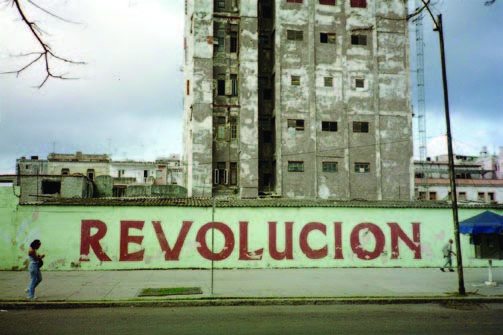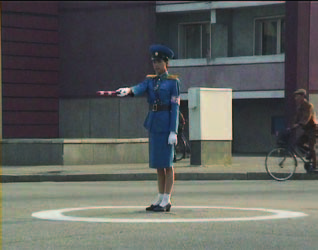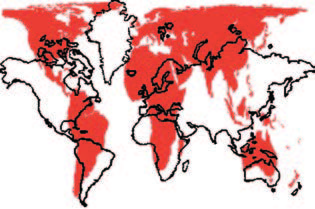130 000 Cubans leave their homeland to look for a better life in America.
It‘s April, 1980. Within a few short weeks nearly 130,000 Cubans leave their homeland for America. The boats transporting them are so overcrowded that some sink. People die. Those who make it have left behind almost everything they owned. Why?
In the film Beyond the Sea (Mas allá del mar), Lisandro Perez-Rey describes the events that culminated in the boatlift at Port Mariel. Two decades later, the documentary follows the lives of some of those who escaped from Mariel and are now immigrants in the US.
I wanted to travel…
The conditions were awful. Archival footage shows the poverty, the shortages, the rations, the censorship, and the people‘s lack of privacy from the government.
But for some, there were worse things – like the sense of captivity. “I wanted to travel. Not being able to leave was something so oppressive that it made me even more desperate to leave,” says a Cuban man.
Endless queues
His opportunity appears on May 5, 1980. In just a few hours, about 11,000 people, desperate to leave Cuba, fill the Peruvian embassy. This is an international fiasco for the Cuban government. In a last attempt to get the people to leave the embassy premises, the government makes an offer: “Those who want to leave are free to go”, proclaims Fidel Castro to the “traitors of the revolution.” But now they must prove their undesirability to the government clerks. For days, endless queues people claiming to be homosexuals, prostitutes, mental patients, and dissidents accused of “ideological deviance” line up for their permission slip to go. The majority are ordinary families – just desperate ones.
Within a few weeks many of them manage to leave Cuba. There is no doubt that if it had not been for the American fishermen who came with their boats to help transport them, the whole operation might not have succeeded.
Setting out for a new life
Some of the boats sink. Some people never find their loved ones.
Today, so many years later, there are happy Cuban-Americans who have assimilated into life in US society. They have managed to find jobs, they have their families by their side. But there are the others – lonely, incarcerated, ostracized. Did they make the right choice?
Could they have made a different one?











